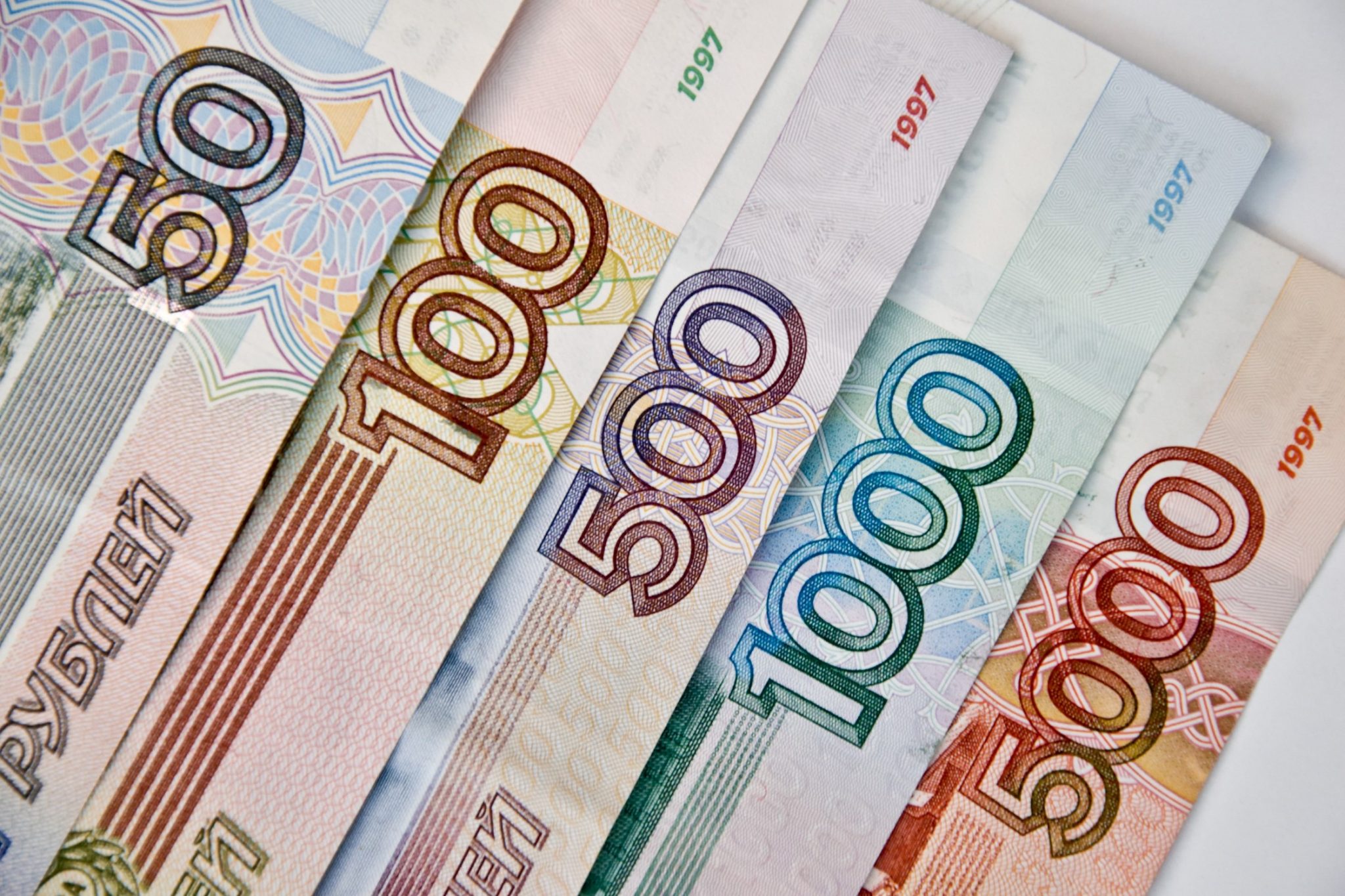Russia uses a U.S. non-profit to hide funding of covert lobbying operation against Russia sanctions.
In 2007, Russian government officials embezzled from the Russian Treasury $230 million.[DS1] The scheme was uncovered by a lawyer named Sergei Magnitsky, who was murdered in a Russian prison. The U.S. sanctioned Russian officials responsible for the killing through the Magnitsky Act in 2012. In retaliation, the Kremlin banned Americans from adopting Russian orphans. In 2015, the U.S. Justice Department was prosecuting a company owned by Russian businessman Denis Katsyv as a beneficiary of some of the stolen $230 million, which had allegedly been laundered and invested in New York real estate. Katsyv sought help from U.S. lawyers and lobbyists, who recommended setting up a non-profit foundation in Delaware. They called it the Human Rights Accountability Global Initiative Foundation, purportedly for American families wanting to adopt Russian orphans. By legally organizing as a U.S. nonprofit, the foundation effectively concealed its sources of funding, which if revealed might have required registering as a foreign agent. The $500,000 of contributions turned out to have come from Katsyv and other Moscow elites asked to support him. The foundation held an account at Bank of America, which alerted the U.S. Treasury after investigating and suspecting that the transaction activity was evidence of corruption and bribery in Russia’s bid to overturn the Magnitsky Act. The influence operation employed lobbyists and consultants led by Natalia Veselnitskaya, a lawyer who was later indicted in a related case proving her ties to the Kremlin. Non-profits have similarly been used in other countries such as Canada to lobby against Russia sanctions.

